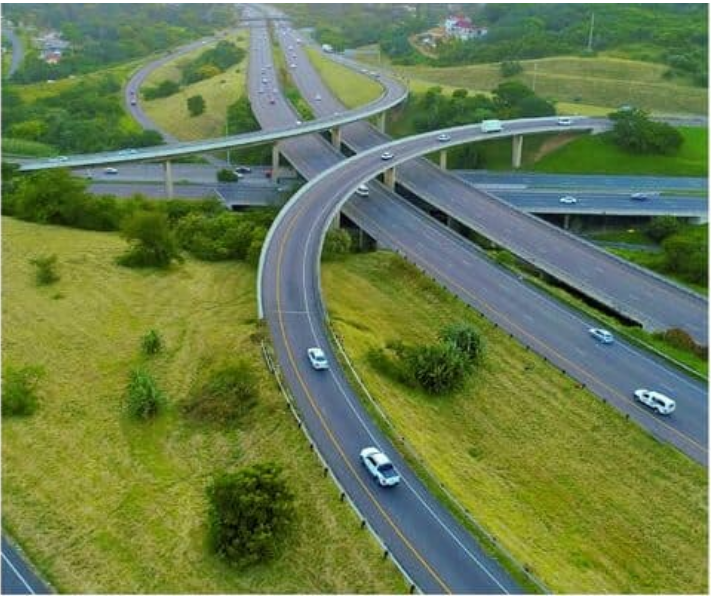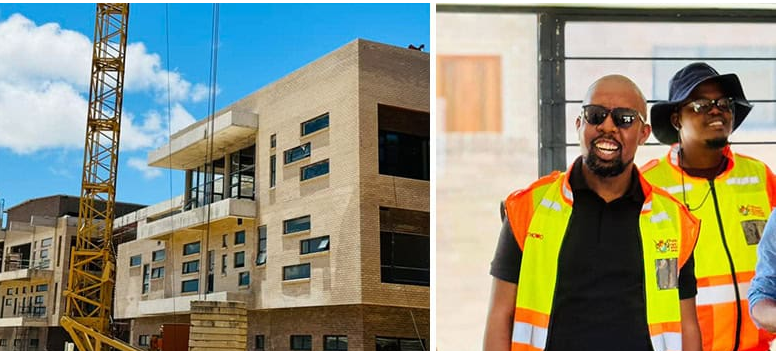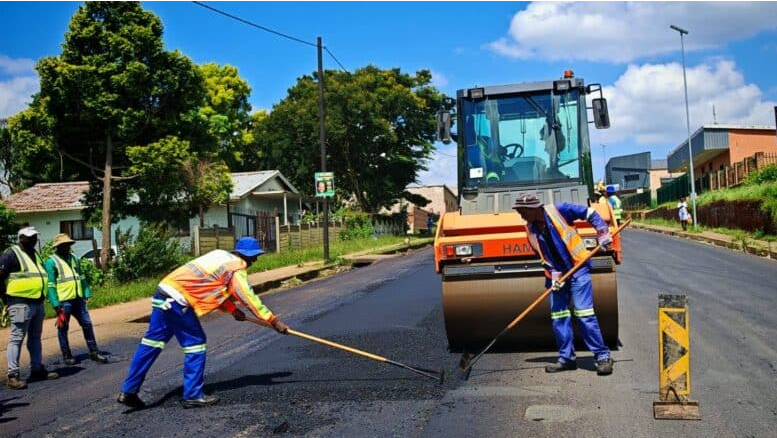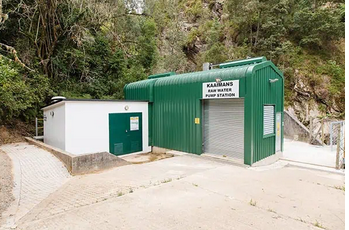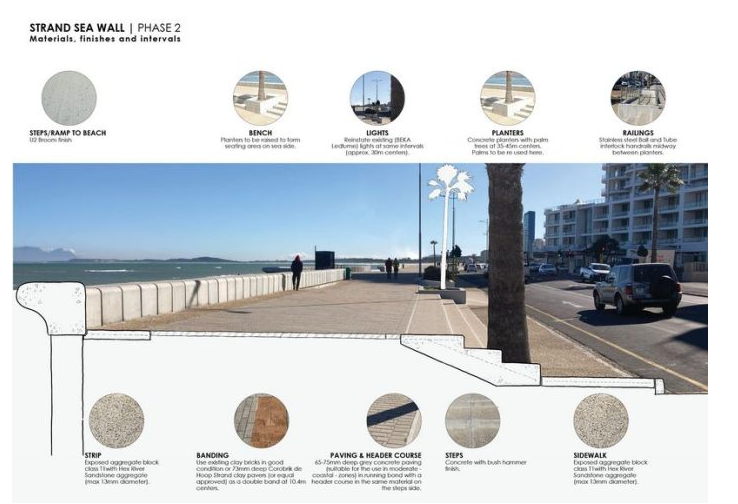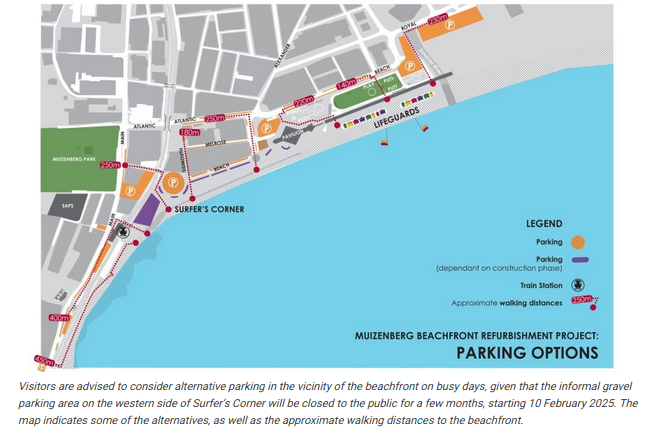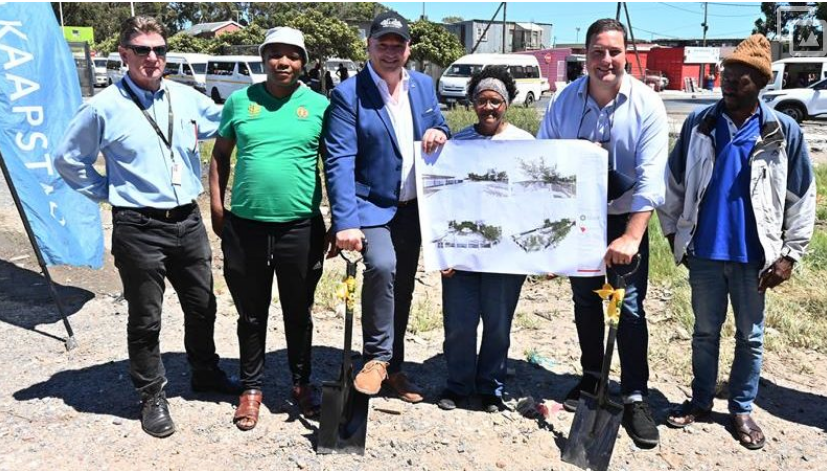Expropriation Bill 2020 submitted to Parliament

Advertising
12-10-2020
Read : 371 times
Property Wheel
Source
Deputy President David Mabuza has confirmed the Expropriation Bill 2020 has been submitted to Parliament for introduction.
The bill, which is set to replace the Expropriation Act of 1975 consistent with the Constitution was gazetted on the 9th of October 2020. The bill forms part of the work that government is undertaking to ensure that a comprehensive land redistribution for agricultural purpose, human settlements and industrial development is implemented.
Announcing the publishing of the bill during an Inter-Ministerial Committee on Land Reform media briefing in Pretoria this past weekend, Mabuza said the publication of this important bill is a cogent indication that government is at work to realise redress and to fulfil the aspirations of the people who have an equitable society.
“It is a recognition of the urgency required to address the injustices of the past and restore land rights in a responsible manner, whilst ensuring that food security is maintained; that equitable spatial justice is achieved; and that continuation of investment to expand our industrial base is secured,” he commented.
Public Works and Infrastructure Minister Patricia de Lille said the bill is part of government’s comprehensive approach to land reform and redressing spatial inequality while improving access to service and opportunities.
“The bill is part of the comprehensive land redistribution and agricultural development programme. Expropriation of property with nil compensation is not a silver bullet. It is only but one acquisition mechanism that in appropriate cases will enable land reform and redress, as agreed by the Presidential Advisory Panel Report on Land Reform and Agriculture,” she said.
She added that government is committed to restitution, redistribution, and land tenure as recommended by the Advisory Panel which was appointed by President Cyril Ramaphosa in 2018 to provide a unified perspective on expropriation for the land in the wider context of persisting land inequities and unsatisfactory land and agrarian reform as well as urban land development and distribution.
“The bill brings certainty to South Africans and investors because it clearly outlines how expropriation can be done and on what basis. This legislative certainty is critical as we rebuild our economy and invest in our communities,” De Lille said.
The bill states:
It may be just and equitable for nil compensation to be paid where land is expropriated in the public interest, having regard to all relevant circumstances including but not limited to where the land is not being used and the owner’s main purpose is not to develop the land or to use it to generate income but to benefit from appreciation on its market value.
Where an organ of state holds land that it is not using for its core functions and is not reasonably likely to require the land for its future activities in that regard, and the organ of state acquired the land for no consideration.
Notwithstanding registration of ownership in terms of the Deeds Registries Act, 1937 (Act No. 47 of 1937), where an owner has abandoned the land by failing to exercise control over it.
Where the market value of the land is equivalent to, or less than, the present value of direct state investment or subsidy in the acquisition and beneficial capital improvement of the land and when the nature or condition of the property poses a health, safety or physical risk to persons or other property.
When a court or arbitrator determines the amount of compensation in terms of section 23 of the Land Reform (Labour Tenants) Act, 1996 (Act No. 3 of 1996), it may be just and equitable for nil compensation to be paid, having regard to all relevant circumstances.
Parliament will now follow its processes to consider the bill and every South African will have the opportunity to participate as Parliament considers, debates, and consults on the bill.
Recent News
Here are recent news articles from the Building and Construction Industry.
Have you signed up for your free copy yet?
